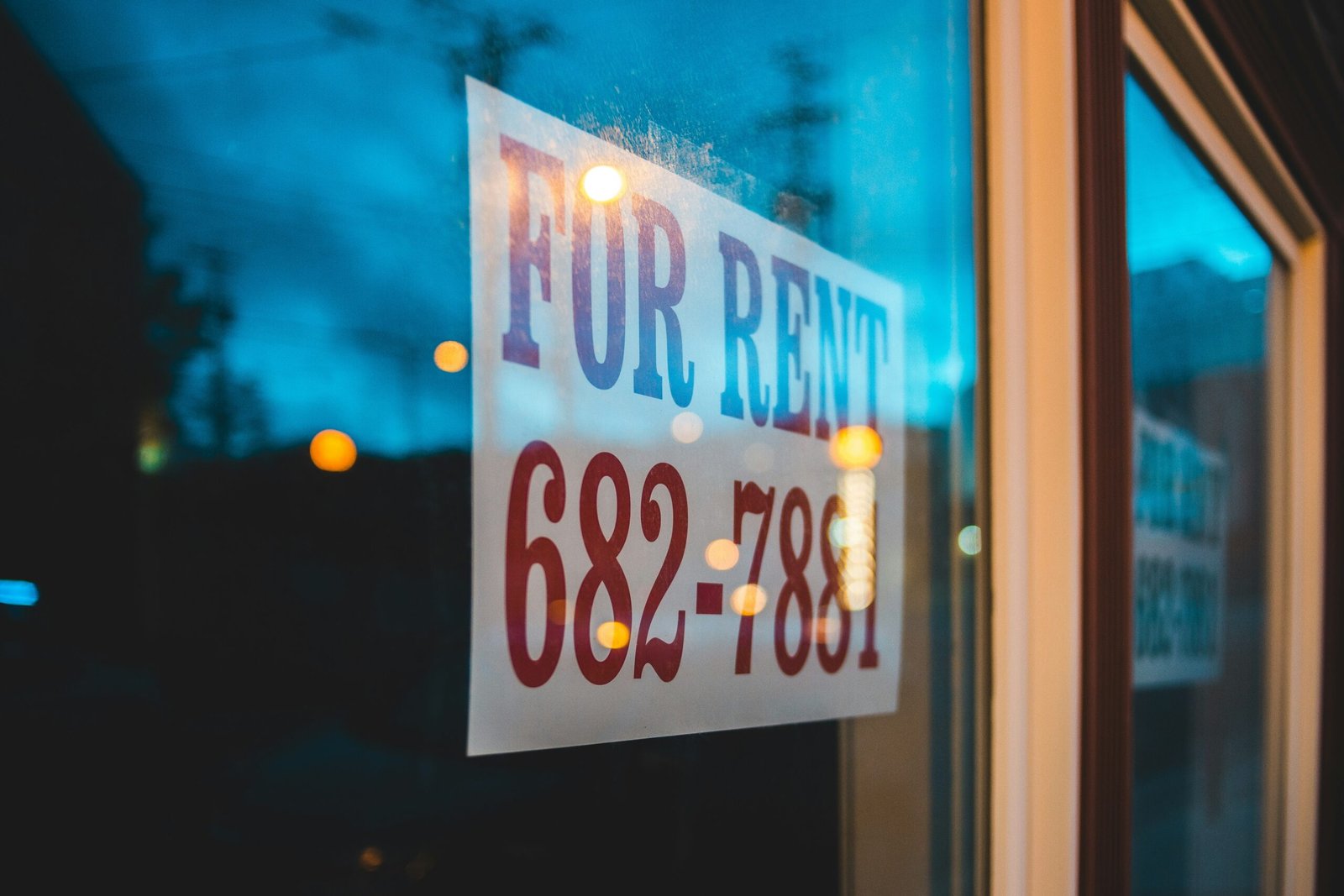Beyond the Surface: The Ultimate Guide to In-Depth Property Inspections
When it comes to buying or selling a property, a thorough inspection is crucial. While a basic inspection can provide a general overview of the property’s condition, an in-depth inspection goes beyond the surface to uncover hidden issues that could potentially cost you thousands of dollars in repairs.
The Importance of In-Depth Property Inspections
Property inspections are not just for peace of mind; they are a critical part of the due diligence process. By conducting a comprehensive inspection, you can identify any structural, electrical, plumbing, or other issues that may not be immediately apparent.
Here are a few reasons why in-depth property inspections are essential:
1. Uncover Hidden Problems
While a property may look perfect on the surface, there could be underlying issues that only a professional inspector can detect. These could include mold, water damage, pest infestations, or faulty wiring. Identifying these problems early on can save you from expensive repairs down the line.
2. Negotiating Power
By having a comprehensive inspection report in hand, you gain valuable negotiating power. If significant issues are discovered during the inspection, you can use this information to renegotiate the price or request repairs before finalizing the deal.
3. Peace of Mind
Buying a property is a significant investment, and having the peace of mind that comes with a thorough inspection can make the process much less stressful. Knowing that you have all the information about the property’s condition allows you to make an informed decision.
The Components of an In-Depth Property Inspection
An in-depth property inspection covers various aspects of a property’s condition. Here are some key components that should be included:
1. Structural Inspection
The structural integrity of a property is crucial for its safety and longevity. A professional inspector will assess the foundation, walls, roof, and other structural elements to identify any signs of damage or deterioration.
2. Electrical Inspection
An electrical inspection is essential to ensure that the property’s electrical system is safe and up to code. The inspector will check the wiring, outlets, circuit breakers, and other electrical components for any potential hazards.
3. Plumbing Inspection
A plumbing inspection examines the property’s plumbing system, including pipes, drains, faucets, and toilets. The inspector will look for leaks, water pressure issues, and any signs of water damage.
4. HVAC Inspection
The heating, ventilation, and air conditioning (HVAC) system plays a crucial role in the comfort of a property. An HVAC inspection ensures that the system is functioning properly and efficiently.
5. Roof Inspection
The roof is one of the most critical components of a property, protecting it from the elements. A thorough roof inspection will identify any leaks, damaged shingles, or other issues that could lead to costly repairs.
Choosing the Right Inspector
When it comes to in-depth property inspections, it is crucial to choose a qualified and experienced inspector. Here are a few tips to help you find the right professional:
1. Credentials and Experience
Ensure that the inspector is licensed and certified. Look for someone who has extensive experience in the field and a good reputation.
2. Sample Reports
Ask to see sample inspection reports to get an idea of the inspector’s thoroughness and attention to detail. A comprehensive report should include detailed descriptions, clear photos, and recommendations for repairs or further investigations.
3. References
Ask for references from past clients and follow up with them to get feedback on their experience with the inspector. This will give you valuable insights into the inspector’s professionalism and reliability.
In Conclusion
When it comes to property inspections, going beyond the surface is crucial for making informed decisions and protecting your investment. By opting for an in-depth inspection, you can uncover hidden problems, gain negotiating power, and have peace of mind knowing the true condition of the property. Remember to choose a qualified and experienced inspector to ensure a thorough and accurate assessment.





